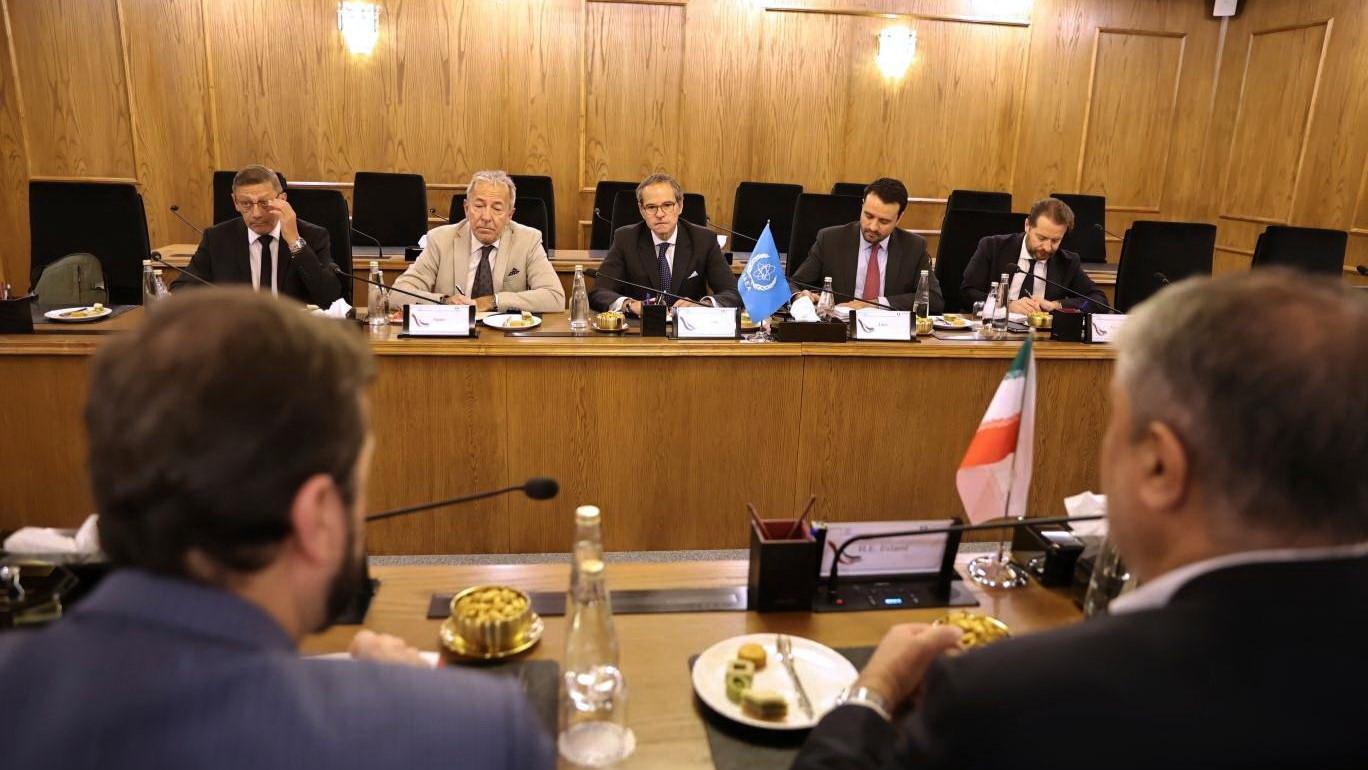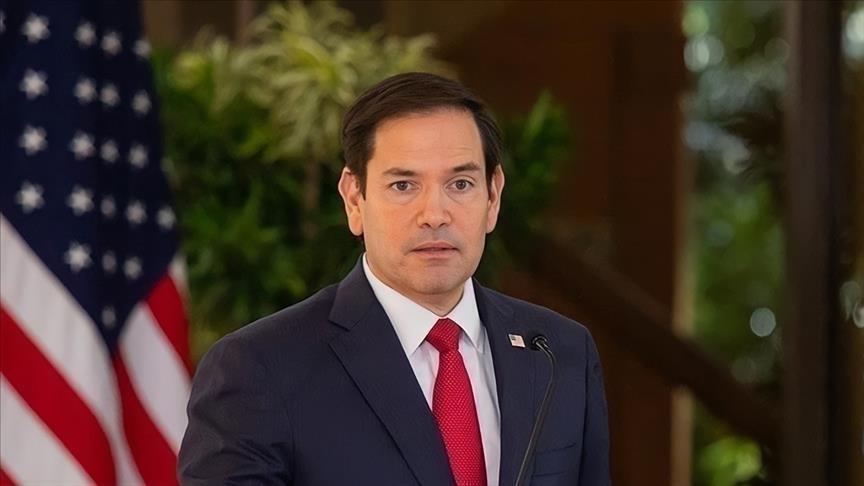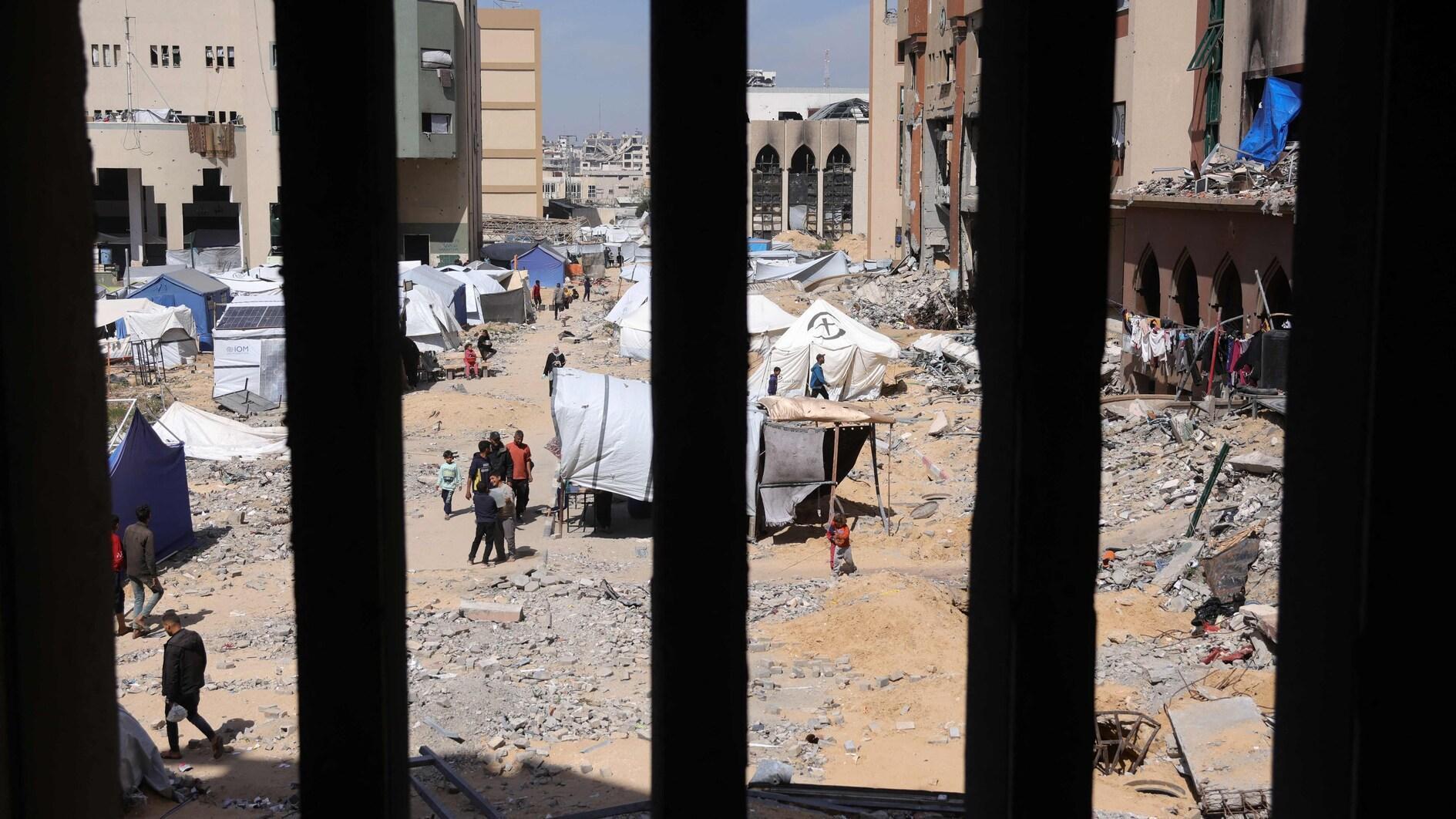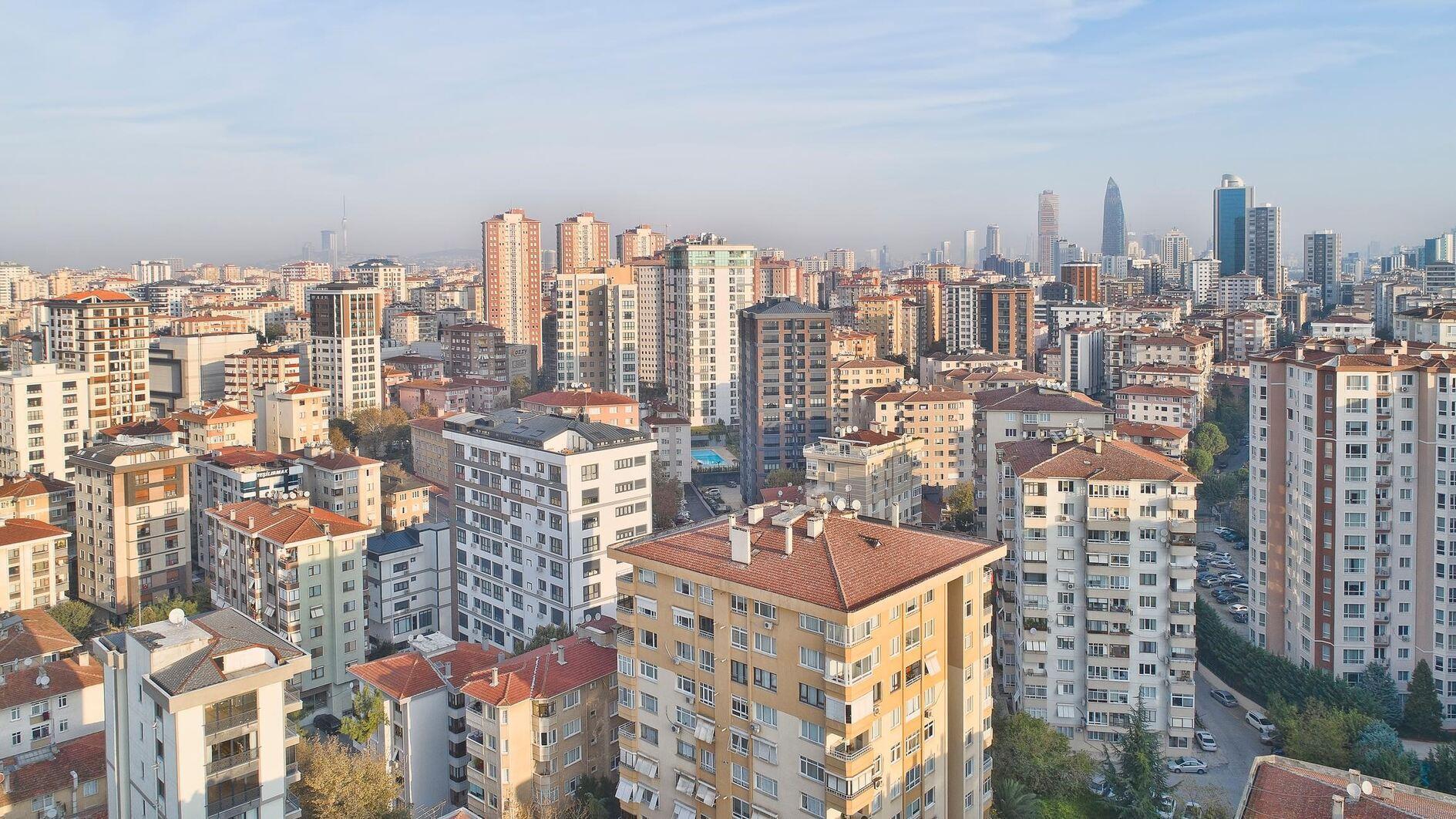US voices concern on 'horrifying' Israeli strike in Gaza
WASHINGTON
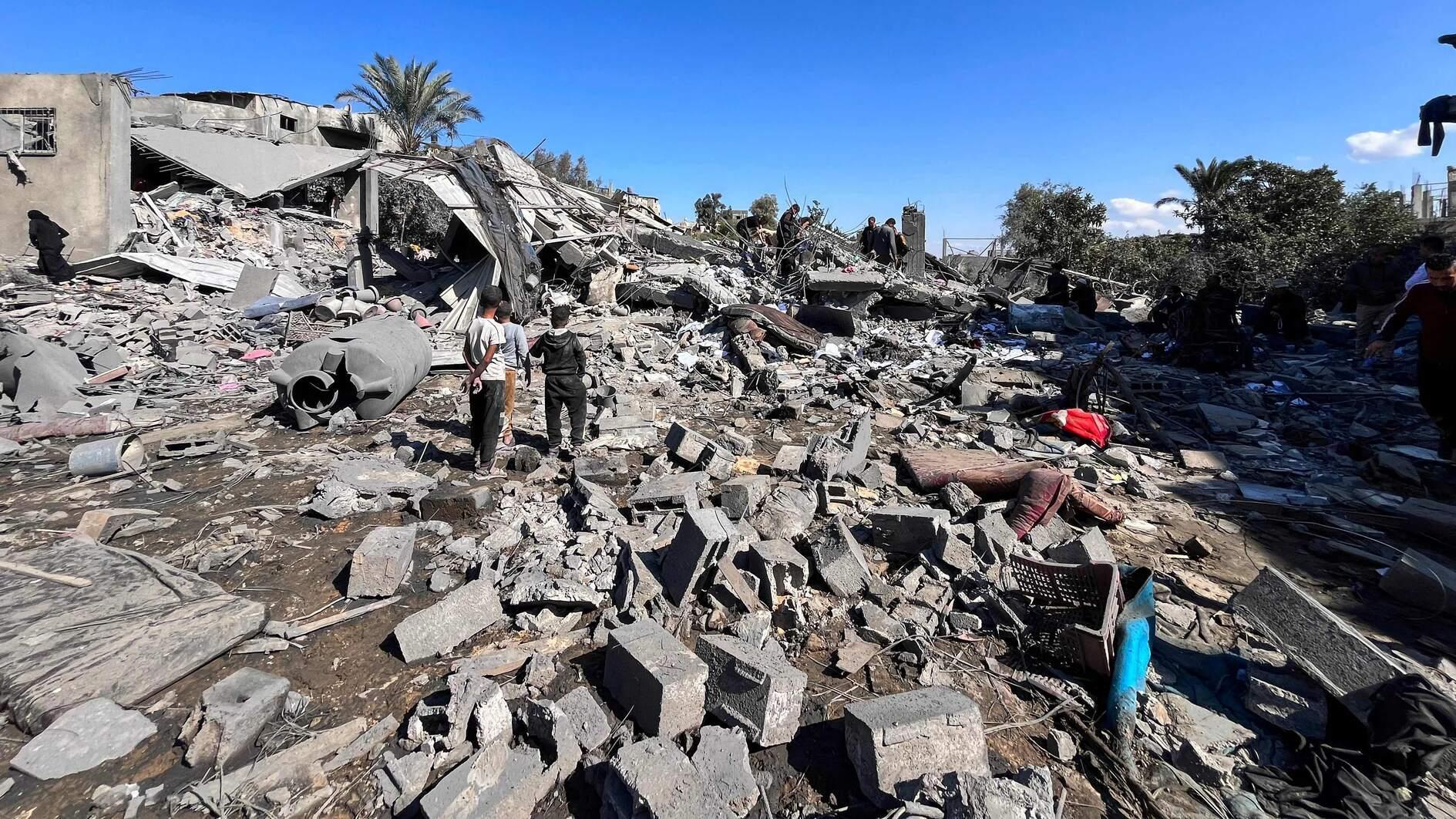
The United States has voiced concern about a "horrifying" Israeli strike in Gaza that killed a large number of children and said it was asking its ally for answers.
"We are deeply concerned by the loss of civilian life in this incident. This was a horrifying incident with a horrifying result," State Department spokesman Matthew Miller told reporters, pointing to "reports of two dozen children killed" in the bombing that destroyed the five-story block in Beit Lahia.
"We have reached out to the government of Israel to ask what happened here," Miller said.
Miller stopped short of announcing any immediate actions against Israel, which relies on US military and diplomatic support, but reiterated a US call for a negotiated end to the Gaza war that began with the Hamas attack on Israel of October 7, 2023.
The "tragic cost to civilians" in the latest strike "is another reminder of why we need to see an end to this war," Miller said.
"We are a year into the government of Israel's military campaign in Gaza and Israel has decimated Hamas's military capabilities, it has decimated Hamas leadership, it has through its military action ensured that Hamas does not have the ability to repeat the attacks of October 7," Miller said.
The State Department also reiterated its alarm over the Israeli parliament's passage Monday of a law to ban the U.N. agency responsible for aiding Palestinian refugees, UNRWA, a step that defied appeals by Western nations.
Secretary of State Antony Blinken and Defense Secretary Lloyd Austin in a letter earlier this month warned Israel that the United States could withhold military assistance without improvements in humanitarian aid into Gaza.
Blinken "made clear that we were opposed to the passage of this legislation, and he made clear that there could be legal and policy implications to the implementation of that legislation," Miller said.
Asked about a bid by Norway for the International Court of Justice to clarify Israel's aid obligations, Miller said of Israel, "They certainly have a legal obligation to allow humanitarian assistance in and not to erect roadblocks to humanitarian assistance to people in Gaza."
Meanwhile, another Israel attack on Iran likely damaged a base run by the paramilitary Revolutionary Guard that builds ballistic missiles and launches rockets as part of its own space program, satellite images analyzed by The Associated Press showed.
The damage at the base in Shahroud raises new questions about Israel’s attack early on Oct. 26, particularly as it took place in an area previously unacknowledged by Tehran and involved the Guard, a powerful force within Iran’s theocracy that so far has remained silent about any possible damage it suffered from the assault.
Iran only has identified Israeli attacks as taking place in Ilam, Khuzestan and Tehran provinces — not in rural Semnan province where the base is located.
It also potentially further restrains the Guard’s ability to manufacture the solid-fuel ballistic missiles it needs to stockpile as a deterrent against Israel.
Tehran long has relied on that arsenal as it cannot purchase the advanced Western weapons that Israel and Tehran’s Gulf Arab neighbors have armed themselves with over the years, particularly from the United States.
Satellite photos earlier analyzed by the AP of two military bases near Tehran also targeted by Israel show that sites there that Iran uses in its ballistic missile manufacturing have been destroyed, further squeezing its program.


